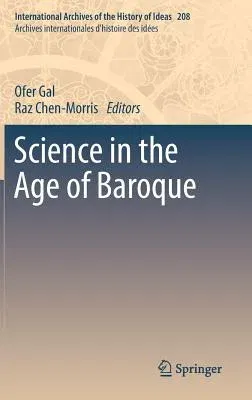Science in the Age of Baroque (2013)Hardcover - 2013, 21 November 2012

Qty
1
Turbo
Ships in 2 - 3 days
In Stock
Free Delivery
Cash on Delivery
15 Days
Free Returns
Secure Checkout

Part of Series
International Archives of the History of Ideas Archives Inte
Part of Series
International Archives of the History of Ideas / Archives In
Print Length
314 pages
Language
English
Publisher
Springer
Date Published
21 Nov 2012
ISBN-10
940074806X
ISBN-13
9789400748064
Description
Product Details
Book Edition:
2013
Book Format:
Hardcover
Country of Origin:
NL
Date Published:
21 November 2012
Dimensions:
23.62 x
15.49 x
2.29 cm
Genre:
Science/Technology Aspects
ISBN-10:
940074806X
ISBN-13:
9789400748064
Language:
English
Location:
Dordrecht
Pages:
314
Publisher:
Series:
Weight:
612.35 gm